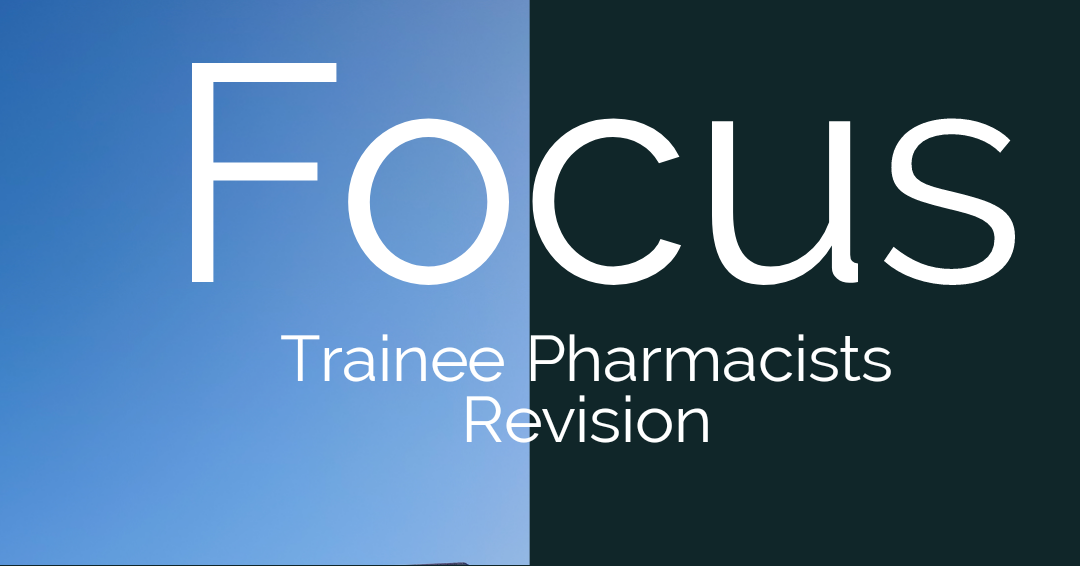Pharmaceutical Journal Articles
Chemist and Druggist Articles
|
Chemist and Druggist Articles |
2. Dilutions Registration exams: Dilution and compounding calculations demystified Our experts from Focus Pre Revision wrote this article which tackles the most complex dilution calculation questions especially those involving multiple dilutions. The authors set the scene by introducing common concentration units, conversion of units and how understanding the dilution process can help you solve the question. With worked examples, you will be shown how you can systematically breakdown the dilution process, when you can apply dilution factor or use the equation C1V1 = C2V2. Finally, your submitted answer won't be right without accurate rounding, thus the correct application of rounding rules, is also covered. This article will enhance your knowledge and confidence in tackling any type of dilution pharmaceutical calculations. | 3. Molecular weight and Concentrations (e.g., expressed as w/v, % or 1 in x) Registration exam: Tackling moles, molecular weights and concentration Written by experts from Focus Pre Reg Revision, this article tackles molecular weights as part of the GPhC registration assessment framework. As in the previous articles, the authors set the scene by introducing common concentration units, conversion of units and how this is related to molecular weights. The common units, terminology and concentrations with reference to molecular weights are covered. The authors give useful tips and provide clarity as to when you can use atomic weights or molecular weights which often cause confusion among trainee pharmacists. | 4. Infusion rates GPhC Registration Exam: Infusion Calculations Pharmaceutical calculations involving infusion rates frequently get asked during the GPhC registration assessments. This article, written by experts from Focus Pre Reg Revision, provides an overview of different infusion scenarios and what questions are likely to be asked. They also include GPhC calculations questions for you to practice covering infusion rates and time to complete infusions. |
Chemist and Druggist Articles
5. Pharmacokinetics, Estimation of Kidney Function and Using Provided Formulae GPhC Exam: Pharmacokinetics and Estimation of Kidney Function The article sets the scene by introducing common pharmacokinetic equations and how you can use provided formula to estimate kidney function with specific reference to the Cockcroft and Gault formula (CG) and other common formulas. Pharmaceutical calculations involving infusion rates frequently get asked during the GPhC registration assessments. This article, written by experts from Focus Pre Reg Revision, provides an overview of different infusion scenarios and what questions are likely to be asked. They also include GPhC Exam style calculation questions for you to practice with full workings and explanations. | 6. Health Economics & Quantities To Supply GPhC registration exam: Tackling Health Economics and Quantities To Supply This article focuses on learning how to accurately calculate drug costs and quantities to supply with example GPhC styles questions provided each with step-by-step explanation and rationale. The common pharmaco-economic equations are also introduced and how you can use these equations accurately. | 7. Doses, Dosage Regimens, Top Tips and Common Errors In The GPhC Calculations Exams GPhC registration exam: 8 common errors and tips to avoid them in the calculations paper This article highlights the common errors that trainee pharmacists make during the GPhC calculations registration exam. These include misreading the question, failure to convert units, failure to apply rounding rules, running out of time and silly mistakes due to inadequate practice. |
8. Top Ten Revision Tips for The GPhC Exams
UKBPA mentor: 10 revision tips for the pre-reg GPhC exam
Links To Clinical Guidelines and Clinical Resources
OTC DRUGS AND POM TO P SWITCHES RESOURCES |
GPhC feedback 2021 to 2023 |
On this page we have provided GPhC feedback about part 1 and part 2 sittings for the past 3 years form 2021 to 2023. This feedback will help you have an idea of what to watch out for in the real exam. |
GPhC feedback 2021 to 2023
MEP and Pharmacy Practice Resources
Summary mind map of some common drugs that interact to produce serotonin syndrome. This list is not exhaustive. See BNF and spc for full details. |

